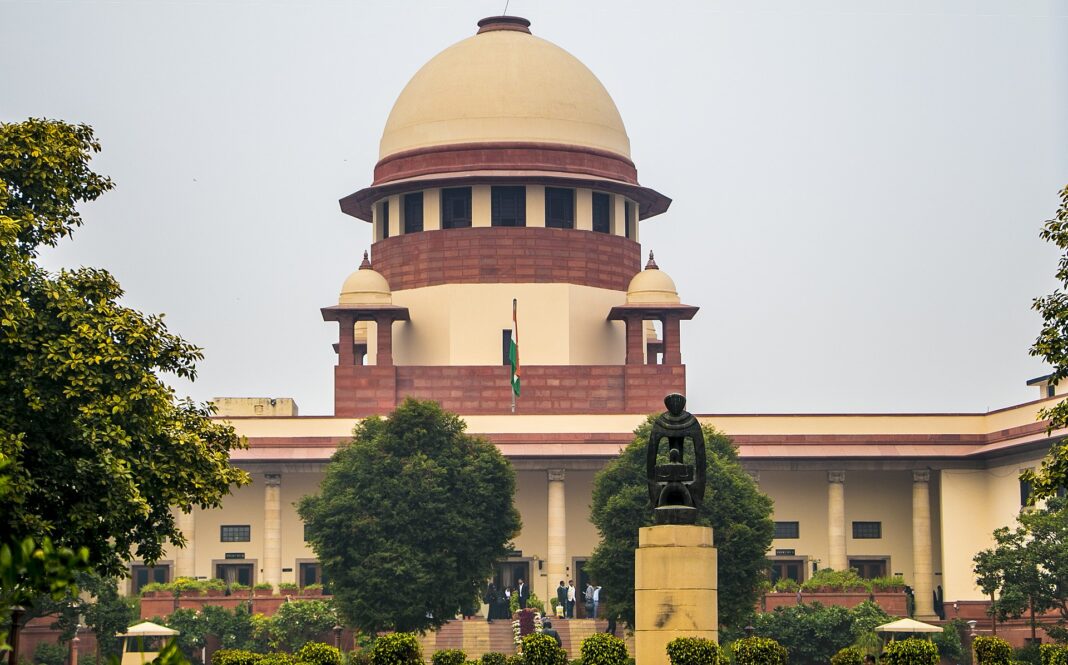India’s Supreme Court put a hold on some provisions of the Waqf (Amendment) Act, 2025, while leaving the rest of the law in place. This split ruling sent shockwaves through courts, state boards, and politics across the country, according to Indian news sources.
According to the Economic Times, a bench of Chief Justice B.R. Gavai and Justice Augustine George Masih put a stop to the execution of the section that said a person had to have followed Islam for five years before making a waqf. They said it couldn’t go into effect until a way to verify it was set up.
The court also put on hold parts that give district collectors final say over waqf properties and income records. Bar & Bench reported that the court found that questions of title should be handled by judicial or quasi-judicial organizations like waqf tribunals.
For present, the other adjustments are still in effect. According to Bar & Bench, the justices did not stop the law’s registration requirements from going into effect, and they did not stop a non-Muslim from being appointed as the head of a state waqf board. However, the order specified that the CEO should be Muslim “as far as possible.” The bench further noted that the government promised that there would be no more than four non-Muslims on the Central Waqf Council and no more than three in every state.
The decision comes after months of protests and lawsuits. According to the Times of India and other sources, at least three people died during the violence in West Bengal’s Murshidabad district in April, which was linked to the waqf legislation debate.
People reacted in ways that were typical. The Times of India and The Federal stated that supporters of the court challenge said the stays were needed to protect religious freedom and due process. Government officials stressed that Parliament’s wider framework is still in place until a final verdict is made.
Waqf properties—religious or charitable endowments that can include mosques, graveyards, schools and income-generating land—are administered by state boards and a central council. The petitions in front of the court say that some portions of the 2025 revisions are unfair to Muslims or give the administration more power over important judicial duties. According to Bar & Bench and Supreme Court Observer, Monday’s verdict preserves most of the law in place but gives temporary respite where the court perceived immediate dangers of overreach, such as the five-year practice rule and property determinations made by collectors.
In the meantime, a comprehensive decision has been made. The constitutional challenges to the modifications will move forward based on their merits in the coming months.
A global media for the latest news, entertainment, music fashion, and more.














